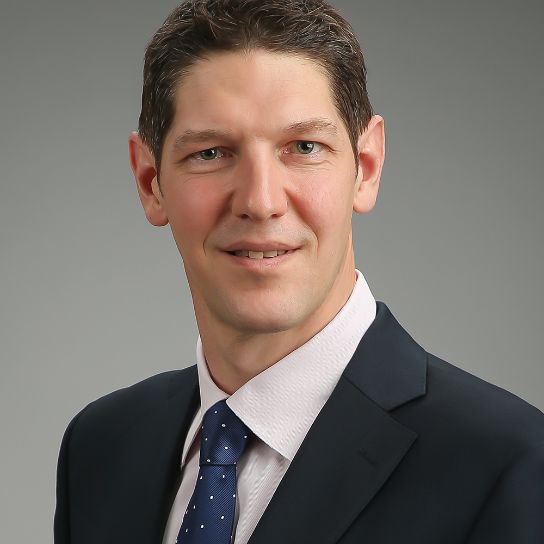The automotive sector is currently experiencing two inflection points at the same time:
- an electric vehicle revolution, as the industry transitions from the internal combustion engine (ICE) to zero emission vehicles (ZEV) including battery electric vehicles (BEV) as part of the wider decarbonisation agenda; and
- a digital revolution, particularly as the connected software stack in the vehicle (and increasingly in the cloud) becomes as important as the mechanical ICE used to be.
While much of this change is happening organically within automakers (original equipment manufacturers or OEMs) and their Tier 1 & 2 suppliers, many are turning to M&A to acquire technology, software and skills that they don’t possess and to collaborate to obtain economies of scale and share high R&D and production costs.
Activity
Deal values and volumes cooled in 2022, as the number of de-SPAC transactions in the sector dropped off markedly, after US$20 billion+ deals for each of BEV makers Lucid and Polestar in 2021.
However, the twin revolutions still drove substantive M&A. In technology, Aptiv agreed to buy Wind River, a software company, for US$4.3 billion and ECARX, a mobility tech company with close connections to Geely, became the subject of a US$3.4 billion SPAC acquisition.
In EV transition, Cummins bought component maker Meritor, including its electric powertrains business, for US$3.7 billion and two Chinese OEMs developing BEV models, Chijet Motor and CH-Auto (Qiantu Motor), were the subject of US$1 billion+ SPAC deals. In this context, there is a heavy focus on the US due to the significant impact of Biden's Inflation Reduction Act.
Joint ventures have always been popular in the industry and 2022 was no exception, particularly in the fields of new BEV development and the EV battery supply chain. Honda and Sony agreed a 50/50 JV to establish Sony Honda Mobility to develop a joint premium BEV with a new Sony developed software system; and VW Group's PowerCo and materials technology firm Umicore announced a €3 billion 50/50 JV to produce EV battery materials.
Meanwhile, the industry was materially impacted by the war in Ukraine and continued supply chain disruptions, particularly in semiconductors. This backdrop impacted deal values, as particularly evidenced by Plastic Omnium's acquisition of Varroc Lighting Systems, where the price was revised down from €600 million to €520 million to close the deal.
Amid a challenging year for the industry, it was unsurprising to see distressed M&A, including the KG Group-led consortium's US$700 million acquisition of OEM SsanYong Motor from receivership.
We also witnessed continued consolidation in distribution and retail channels aimed at driving efficiencies and scale, including Inchcape's £1.3 billion acquisition of Derco, the largest independent automotive distributor in Latin America by volume, and D'Ieteren's US$1.7 billion acquisition of Parts Holding, the Western European distributor of spare parts.
Outlook for 2023
The global industry faces strong economic headwinds, particularly in Europe with soaring energy costs and high inflation throughout the supply chain. Coupled with rising interest rates and tough conditions for fund raising for the myriad of technology and BEV start-ups, 2023 looks set for further consolidation and some distressed M&A.
Meanwhile, the twin revolutions will continue to drive M&A, particularly as the BEV transition is assured, with the EU, California and New York in the process of approving bans on sales of new non-ZEV cars by 2035 (following bans already announced by Japan and the UK).
Key contacts
Legal Notice
The contents of this publication are for reference purposes only and may not be current as at the date of accessing this publication. They do not constitute legal advice and should not be relied upon as such. Specific legal advice about your specific circumstances should always be sought separately before taking any action based on this publication.
© Herbert Smith Freehills 2024



